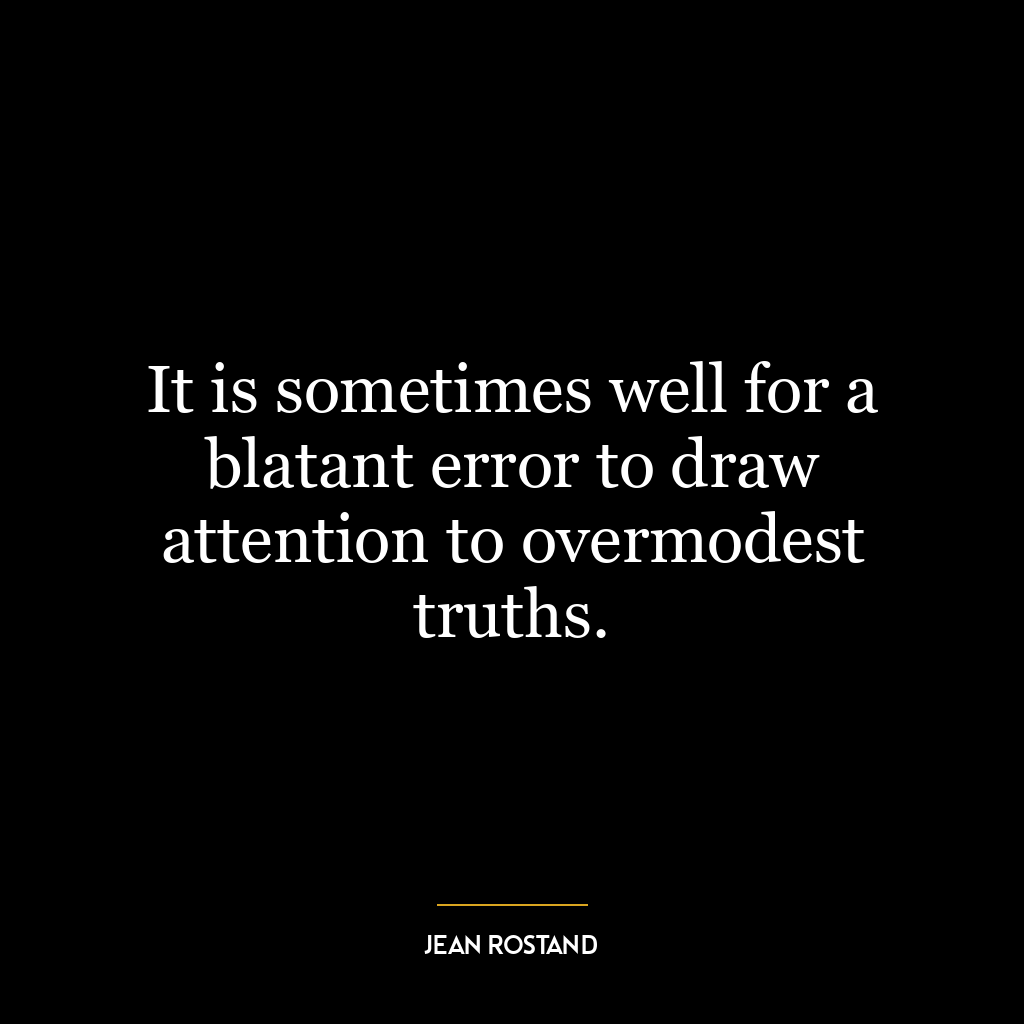Things are not worth attending to, yet they have to be attended to.
This quote, “Things are not worth attending to, yet they have to be attended to,” reflects the paradox of life’s mundane tasks that seem insignificant but are essential for our overall well-being and progress. It suggests that while certain tasks or responsibilities may seem trivial or unimportant in the grand scheme of things, they cannot be neglected as they contribute to the larger picture of our lives.
The first part of the quote, “things are not worth attending to,” could refer to the mundane or routine tasks that we often overlook or deem unimportant. These could be anything from daily chores, administrative tasks, or even self-care routines. They may not seem immediately significant or rewarding, and thus, we might feel they are not worth our time or attention.
However, the second part of the quote, “yet they have to be attended to,” highlights the necessity of these tasks. Despite their perceived insignificance, these tasks play a crucial role in maintaining order, stability, and progress in our lives. Neglecting them could lead to chaos, stress, or stagnation.
In today’s fast-paced world, this quote is particularly relevant. We often prioritize tasks that yield immediate results or recognition, while neglecting those that don’t, even if they are essential for our long-term well-being or success. For example, we might prioritize work over health, choosing to skip meals or exercise to meet deadlines. While this might lead to short-term success, it could have detrimental effects on our health in the long run.
In terms of personal development, this quote emphasizes the importance of balance and attention to all areas of life, not just those that seem immediately rewarding or significant. It encourages us to value and attend to all tasks, no matter how mundane, as they contribute to our overall growth and well-being. It teaches us to be mindful and present in all activities, understanding that each task, no matter how small, plays a role in shaping our lives.















